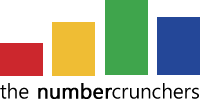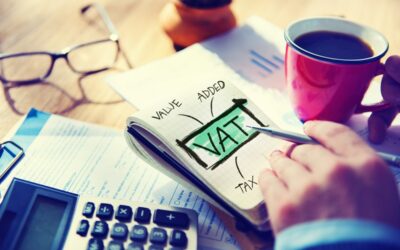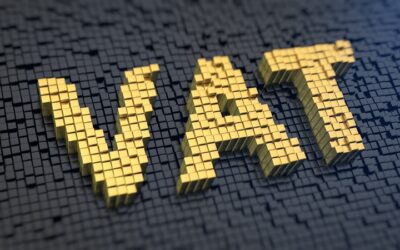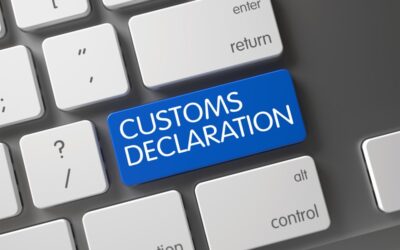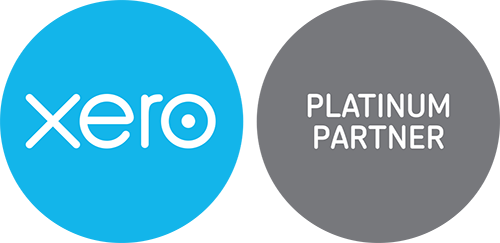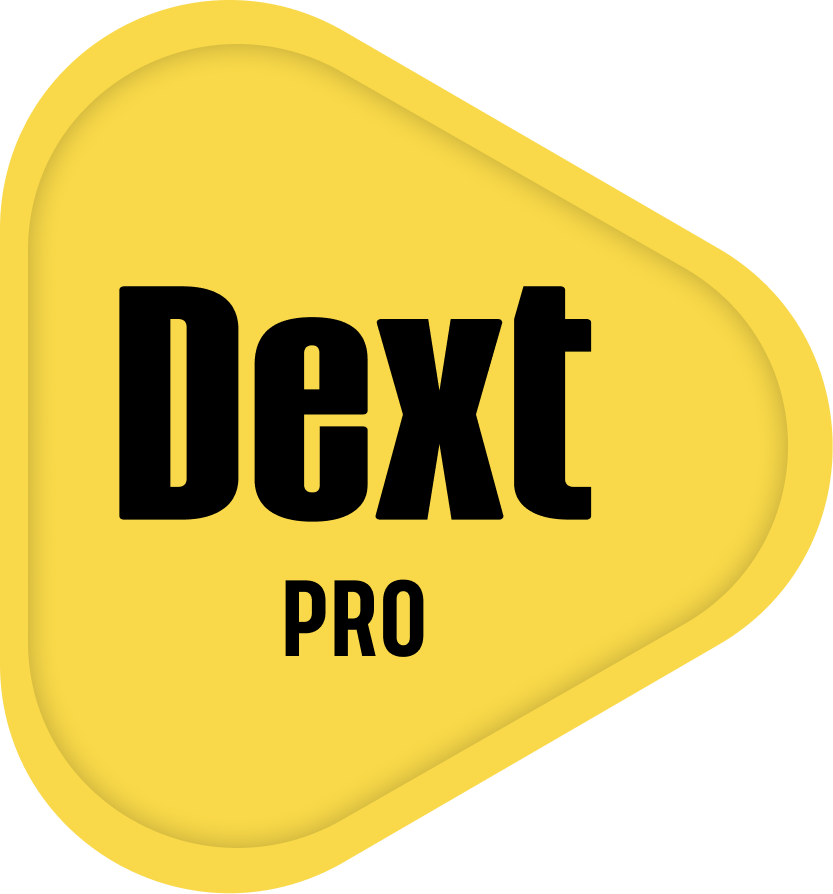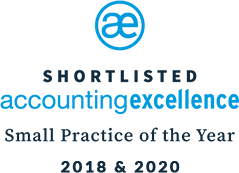VAT for most work on houses and flats by builders and similar trades, like plumbers, plasterers and carpenters, is charged at the standard rate of 20%. However, there are a number of exceptions where
Reclaiming VAT
For most fully taxable businesses, VAT can be reclaimed on goods and services used in the course and furtherance of their business activities. This means that businesses must consider where there is
Definition of VAT partial exemption
A business that incurs expenditure on taxable and exempt business activities is partially exempt for VAT purposes. This means that the business is required to make an apportionment between the
Revoking VAT option to tax land and buildings
There are special VAT rules that allow businesses to standard rate the supply of most non-residential and commercial land and buildings (known as the option to tax). This means that subsequent
Range of supplies affected by VAT reverse charge
The VAT domestic reverse charge accounting mechanism was put in place to help prevent criminal attacks on the UK VAT system by means of sophisticated fraud.
The domestic reverse charge procedure
MTD for VAT – digital records required
The MTD for VAT regime started in April 2019 when businesses with a turnover above the VAT threshold of £85,000 became mandated to keep their records digitally and provide their VAT return information
Option to tax (VAT) land and buildings
There are special VAT rules that allow businesses to standard rate the supply of most non-residential and commercial land and buildings (known as the option to tax). This means that subsequent
Charging charities at lower rates of VAT
There are special rules, under which a VAT-registered business can sell certain goods and services to charities at the zero or reduced rate of VAT. Before charging VAT at a lower rate, you must be
Tax and customs duties for goods sent from abroad
There are special rules to help ensure that goods sent from abroad are taxed appropriately and to ensure that UK businesses supplying goods in the UK, for example by having to compete with VAT free
Small Business - Smart Thinking - because YOUR ACCOUNTS MATTER
